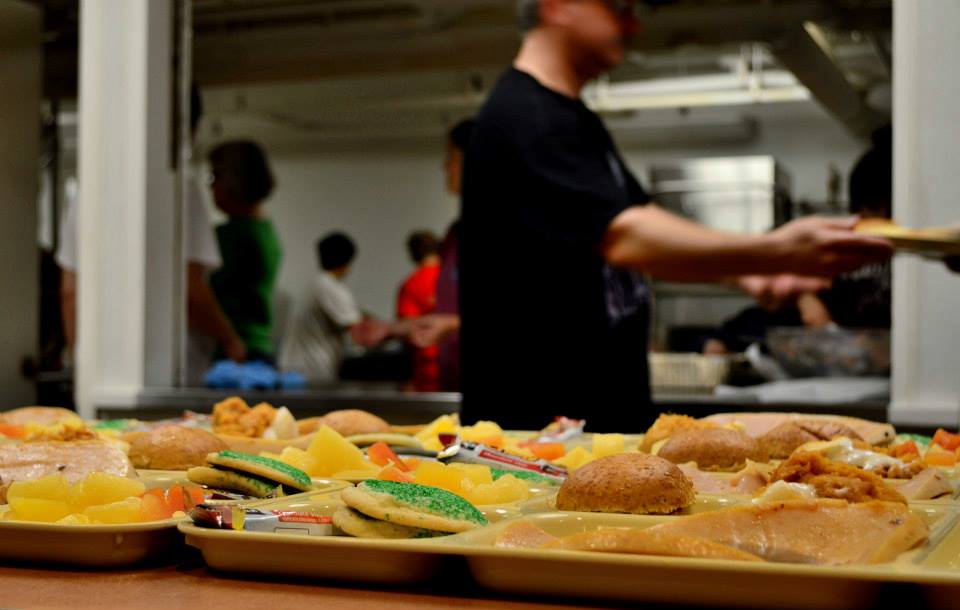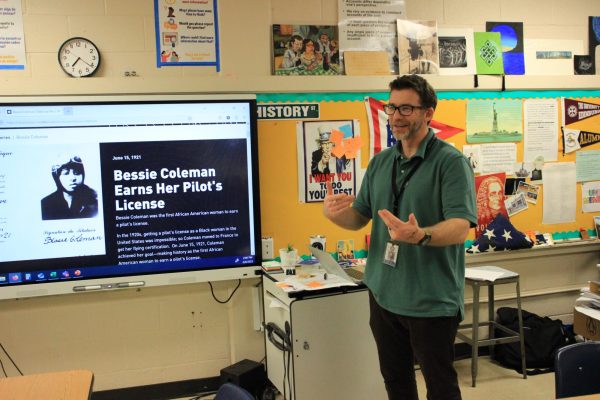Hunger pains: Food justice in Memphis
The face of international hunger is often that of a pot-bellied, scrawny-limbed African child that you’ve seen in countless infomercials and charitable campaigns. This is how we view the malnourished. The face of hunger in America, however, could be sitting next to you in algebra.
Hunger in Memphis does not leave victims emaciated and on the brink of starvation. The main problem in most urban areas is food insecurity – the lack of consistently available food. According to a survey conducted in 2011, the food insecurity rate in Shelby County was 22.1%, leaving about 204,130 people unsure of when or where their next meal would come. Nationally, this rate hovers around 15%.
At the same time, America has the highest obesity rate in the world. Within the US, Memphis stands out in obesity as well. In 2012, Memphis had the highest number of obese individuals in the country. Ironically enough, obesity and hunger are closely related.
Herein lies the great paradox of hunger in America. The United States has the highest obesity rate in the world, but is also home to thousands of citizens struggling to feed their families. Both are generally found in low-income families.
American wealth and prosperity are often charades. While there may be an excess of food and resources here, the distribution of basic resources is not balanced evenly. The obese in America are not the wealthy; the obese are the impoverished, who cannot afford healthier alternatives to soft drinks and potato chips.
This kind of unhealthy diet is frequently the result of food deserts – residential areas without sufficient grocery stores or venues that provide fresh, healthy foods.
Poverty is the ultimate root of food injustice. It breaks down simply: Family makes very little money; family gets the most bang for its buck by purchasing lots of cheap, processed foods; these foods provide little to no nutritional benefits and are poor fuel for daily activities; family becomes obese, hungry, and still poor.
Clearly this is an issue happening right under our noses and that is worthy of our attention. Hunger in America is a ridiculously preventable problem, considering our resources as a nation. While hunger takes a different shape in our country than it does in developing nations, the local issue should not be discounted or downplayed. It’s up to us to do something about it.
Many Memphians are already championing the cause of food justice on a local scale. A new trend of urban gardening has recently cropped up. Grow Memphis is one such organization, dedicated to establishing a “sustainable local food system” in Memphis via community gardens and nutrition education. Soup kitchens and food pantries across the city provide hot meals or fresh produce to the hungry.
Such charities and church groups have sprung up in response to local hunger needs, but they cannot support the weight of this issue alone. St. John’s United Methodist Church in Midtown, Memphis, for example, has seen demand for their food pantry more than double in two years. There need to be more preventative government systems in place to stop food insecurity before it happens.
Bread for the World is a national anti-hunger organization which advocates for more government support in stopping hunger both at home and abroad. Currently some of their efforts are aimed at ensuring continued federal funding for SNAP, the Supplemental Nutrition Assistance Program formerly known as food stamps. Bread for the World sponsors letter writing campaigns and an annual Lobby Day in Washington D.C. There citizens testify to their representatives about the need for food justice in their communities.
There are countless ways to be involved in the fight against food insecurity and hunger; you just have to find the one that works for you.
Your donation will support the student journalists of White Station High School. Your contribution will allow us to purchase equipment and cover our annual website hosting costs.








































